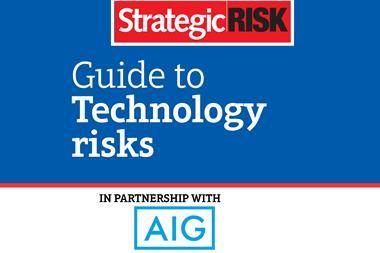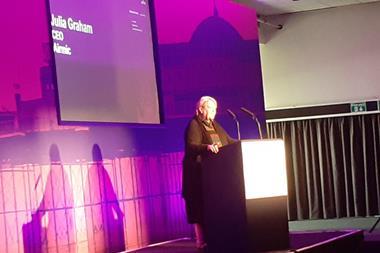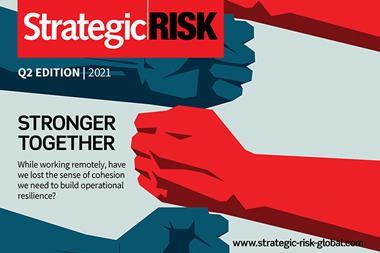Risk managers share their views on New Frontiers in Risk at StrategicRISK Airmic conference roundtable

Technology, demographic change, globalisation and lack of board awareness and understanding were cited as key risks by a group of leading corporate risk managers at a special StrategicRISK Airmic Conference Roundtable.
Taking the theme of this year’s Airmic conference as the cue for discussion, the roundtable held at the HIC earlier today explored a wide-ranging series of ideas and issues under the subject: New Frontiers In Risk – What are the threats and opportunities and what next for risk management?
While all those attending had differing perspectives to share, there was also a broad consensus that technology, specifically the speed of technological change, was setting the risk agenda in a way never before seen.
The threats and opportunities offered by technology were not always recognised or understood but they exist nonetheless and their complexity will only increase.
“You need a rear view mirror, but also need to be looking ahead,” said one attendee.
As the event was held under the Chatham House Rule, the individuals who attended cannot be quoted directly but we can report some of their statements and sentiments unattributed.
There was a general realisation that risk professionals might not be able to deal with every risk but they should focus on articulating some of the main issues to their boards.
“If boards are struggling with these risks, which we know they are, then risk managers and the profession as a whole have a very big opportunity to assist them,” one leading risk professional said.
There was, said another, a “seismic shift in technology” taking place and this led into a conversation around the implications of the so-called Fourth Industrial Revolution where concern over human capital dominated.
“What will happen to those people put out of work by driverless cars and other automated advances?” This was a question nobody was able to answer effectively and is one which is certain to vex both risk managers and their businesses imminently if they are not considering it already.
Increasingly, globalisation which had turned customers and suppliers into competitors and also saw workforces spread over a huge geographical span were also cited as massive challenges.
To address all of these issues properly it was generally agreed that lateral not silo thinking was required and that no company should rest on its laurels no matter how successful it has been in the past.
“There is no room for complacency or arrogance,” said one attendee.
Again, the risk profession has a role to play here in pushing boards.
As one attendee summed up: “Boards want to be challenged and risk managers need to be doing this more and more.”




















No comments yet